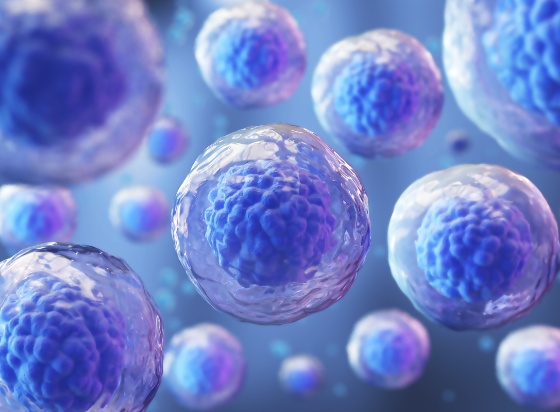What are stem cells?
Stem cells play a vital role in the function of our bodies. They are a special cell type with the ability to divide and transform into a wide variety of other cells, in a process called ‘differentiation’. When stem cells differentiate, they help to develop, repair and maintain function within blood, muscle, bone, organs, skin and other tissues in the human body.


Umbilical cord is a rich source of stem cells
Stem cells can be obtained from adult person from bone marrow, fat tissue and blood. The most valuable source of stem cells is the newborn’s umbilical cord blood and umbilical cord. Haematopoietic stem cells (HSCs), found in cord blood are used routinely in transplant medicine and form part of standard therapies for over 85 conditions. Mesenchymal stem cells (MSCs) found in cord tissue have the potential to be used in future treatment of very wide scale of diseases.
Read here, how to store stem cells.
What are tooth stem cells?
Stem cells were first discovered within the dental pulp of teeth by Dr Songtao Shi in 2000. Dental pulp has been shown to contain Mesenchymal stem cells (MSCs) – also found in bone marrow – which can repair and renew damaged tissue cells found in muscle, cartilage, fat and bone.
MSCs found in tooth stem cells are widely regarded as a significant part of healthcare advancement, and are present in many pioneering studies. Due to their high differentiation potential, current research involves isolating, growing and re-injecting MSCs to treat a variety of diseases and medical conditions.
Stem cells are essential to the healthy function of our bodies. They are responsible for continuously repairing and renewing cells found throughout the body, making them essential for treating damage caused by disease, illness or injury.
We have an excellent scientific understanding of MSCs and how to safely extract and store them from milk teeth or healthy adult teeth.



